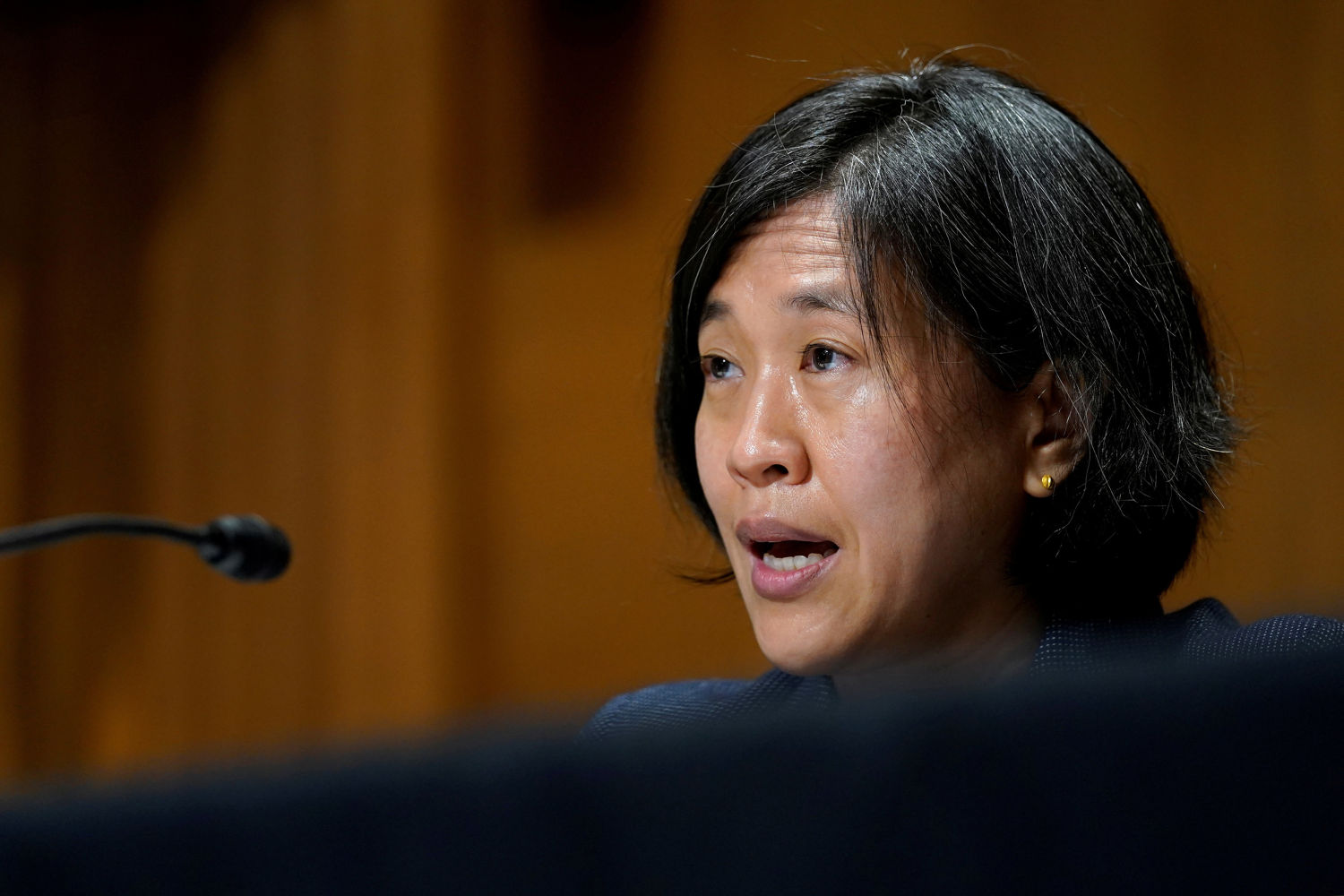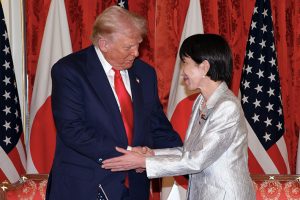Tensions between the US and China and concern about an internet outage boosted safe-haven buying of Treasuries, taking the benchmark 10-year yield down to 1.53%
(AF) Concern about a US “strike force” to combat Chinese trade practices and the implications of an outage for key internet sites combined to prompt a wave of safe-haven buying of US Treasuries on Tuesday June 8, taking the benchmark 10-year yield down to 1.53%, its lowest point for three months.
The United States will target China with a new “strike force” to combat unfair trade practices, the Biden administration said on Tuesday, as it announced a review of access to critical products, from semiconductors to electric-vehicle batteries.
The “supply chain trade strike force,” led by US Trade Representative Katherine Tai, is looking for specific violations that contributed to a hollowing out of supply chains that could be addressed with tariffs or other remedies, including toward China, White House senior director for international economics and competitiveness Peter Harrell said.
Officials also said the Department of Commerce is considering initiating a Section 232 investigation into the national security impact of neodymium magnet imports used in motors and other industrial applications, which the United States largely obtains from China.
President Biden ordered the review of critical supply chains in February, requiring executive agencies to report back within 100 days on risks to US access to critical goods like those used in pharmaceuticals as well as rare earth minerals, for which the United States is dependent on overseas sources.
Though not explicitly directed at China, the review is part of a broader Biden administration strategy to improve US competitiveness in the face of challenges posed by the world’s second-largest economy.
“We’re trying to understand all of the logistics behind the supply chain” to loosen bottlenecks, Jared Bernstein, an economic adviser to Biden, told Reuters. “One of the best ways to do that is to talk to people in the industry and we’re doing a lot of that.”
The White House said it is working closely with private industry to find solutions for the shortages, but officials also said companies were part of the problem.
“Decades of focusing on labour as a cost to be managed and not an asset to be invested in have weakened our domestic supply chains, undermining wages and union density for our workers,” and made it harder for companies to find skilled talent, said Sameera Fazili, deputy director of the National Economic Council.
US agencies are required to issue more complete reports a year after Biden’s order, identifying gaps in domestic manufacturing capabilities and policies to address them.
But the White House offered little in the way of new measures to immediately ease chip supply shortages, noting in a fact sheet that the Commerce Department would work to “facilitate information flow” between chipmakers and end users and increase transparency.
Drug manufacture, supply bottlenecks
The administration will also use the Defense Production Act to accelerate efforts to manufacture 50 to 100 critical drugs domestically rather than relying on imports.
To address supply bottlenecks from lumber to steel that have raised fears of inflation, the administration is starting a task force focused on home-building and construction, semiconductors, transportation, as well as agriculture and food.
“We fully expect these bottlenecks to be temporary in nature and to resolve themselves over the next few weeks,” said Fazili.
Semiconductors are a central focus in sprawling legislation currently before Congress, which would pump billions of dollars into creating domestic production capacity for the chips used in everything from consumer electronics to military equipment.
Biden has said China will not surpass the United States as a global leader on his watch, and confronting Beijing is one of the few bipartisan issues in an otherwise divided Congress.
But some lawmakers have expressed concerns that a package of China-related bills includes huge taxpayer-funded outlays for companies without safeguards to prevent them from sending related production or research to China.
The White House said a measure of success of the supply chain effort would be more diverse suppliers for crucial products from like-minded allies and partners, and fewer from geopolitical competitors.
“We know that as we strengthen cooperation with our allies and partners, we also have to push back against unfair trade practices by competitor nations that have hollowed out the US industrial base and undermine our supply chain security,” said Harrell.
The concerted US effort to increase pressure on China combined with broader market concern about a widespread internet outage earlier in the day to help to fuel safe-haven buying of Treasuries, and overcome earlier fears about inflationary pressures.
























